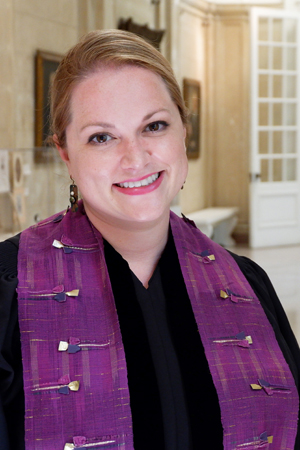Faith In Brooklyn for December 13: Clergy Offer Ways for coping, helping others, through grief during holidays

Christmas is not merry for everyone.
The holidays can be emotionally difficult and sorrowful for those who have lost a loved one, whether recently or in the distant past. Two local clergywomen with experience ministering to the bereaved offer insights on how to cope, and how to help others through their grief.
The Rev. Erica Cooper, assistant minister at Plymouth Church, brings her experience in hospice care to her work here. And the Rev. Erika Meyer, associate rector for pastoral care and community life at Grace Church Brooklyn Heights, brings personal experience and wisdom from dealing with the challenges of widowhood.

Brooklyn Boro
View MoreNew York City’s most populous borough, Brooklyn, is home to nearly 2.6 million residents. If Brooklyn were an independent city it would be the fourth largest city in the United States. While Brooklyn has become the epitome of ‘cool and hip’ in recent years, for those that were born here, raised families here and improved communities over the years, Brooklyn has never been ‘uncool’.